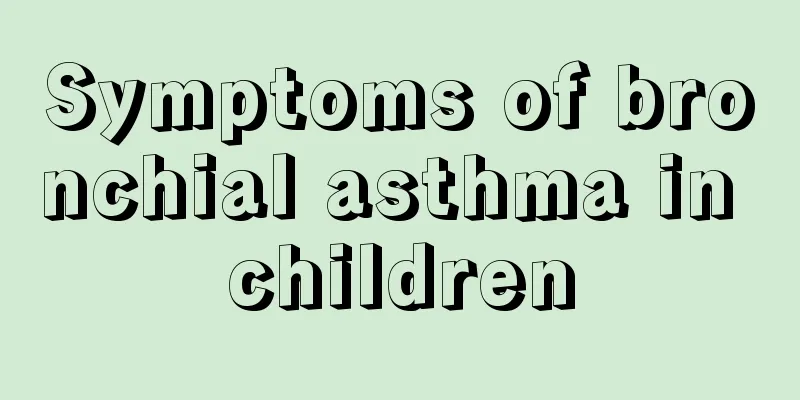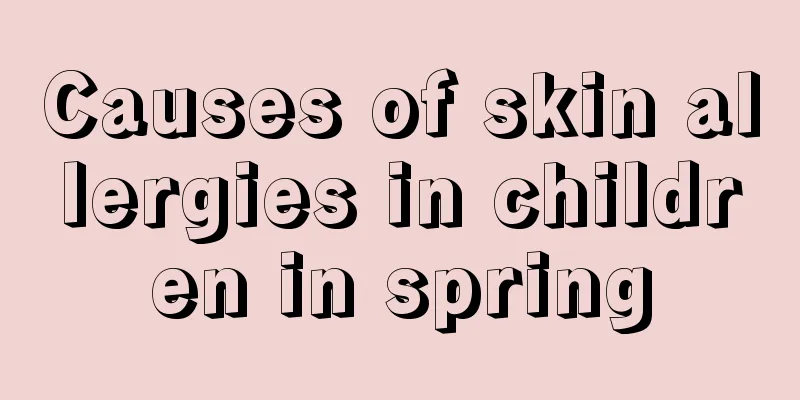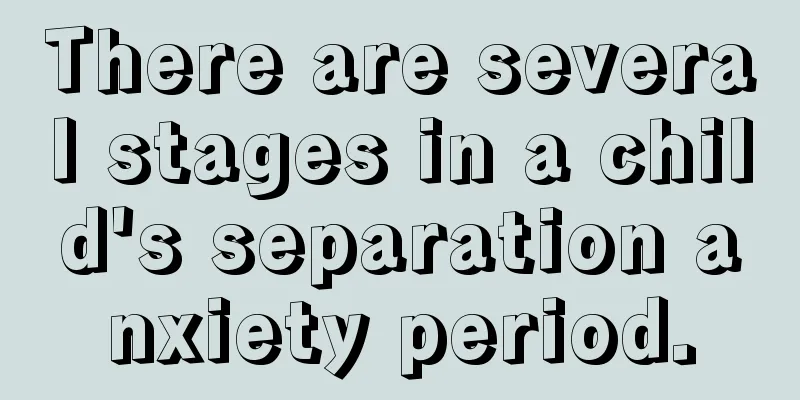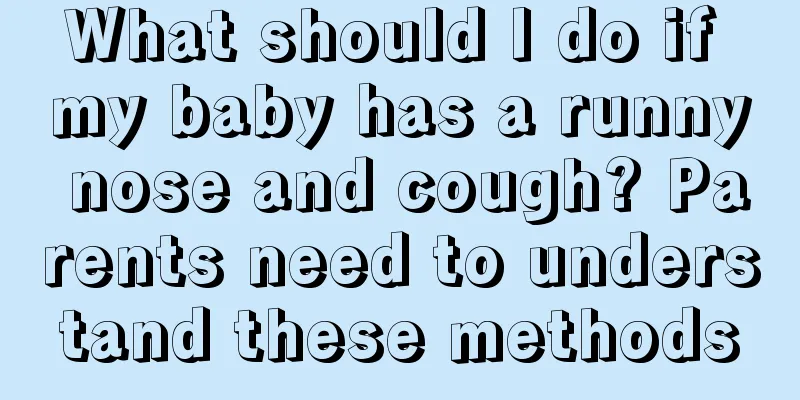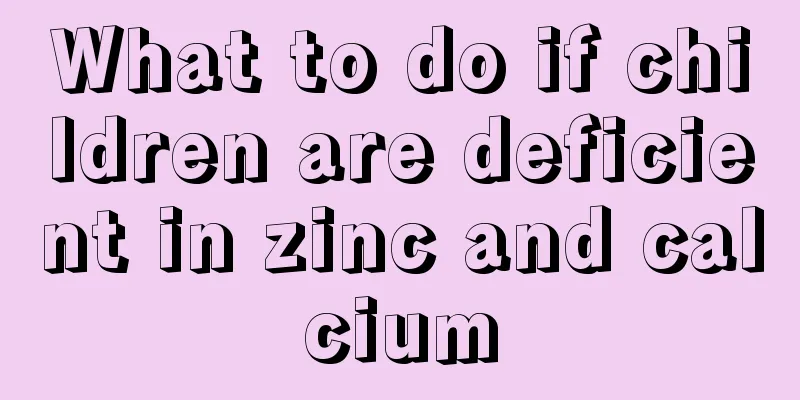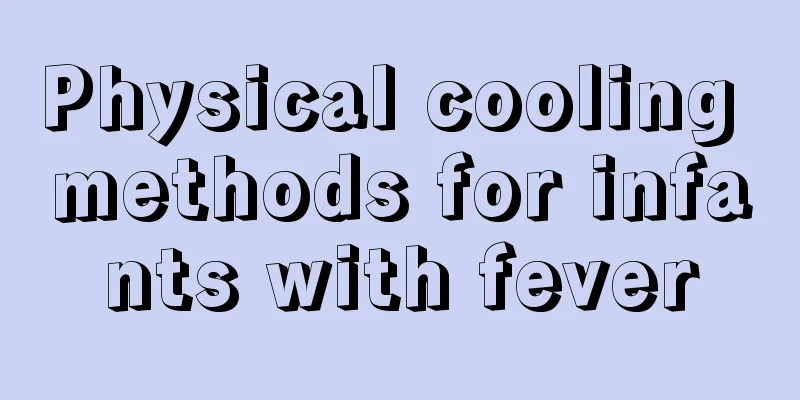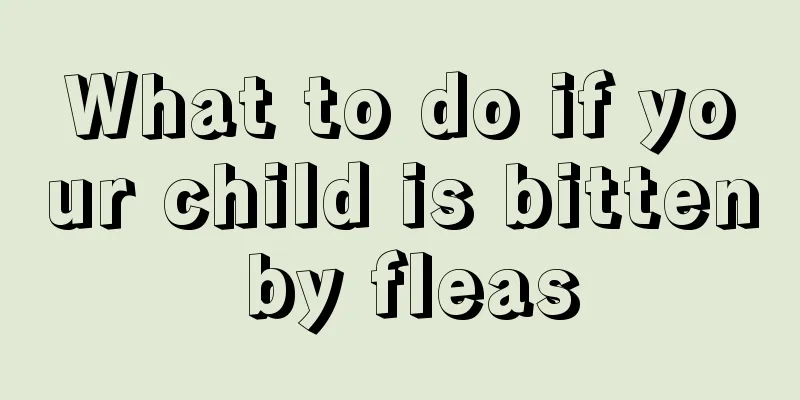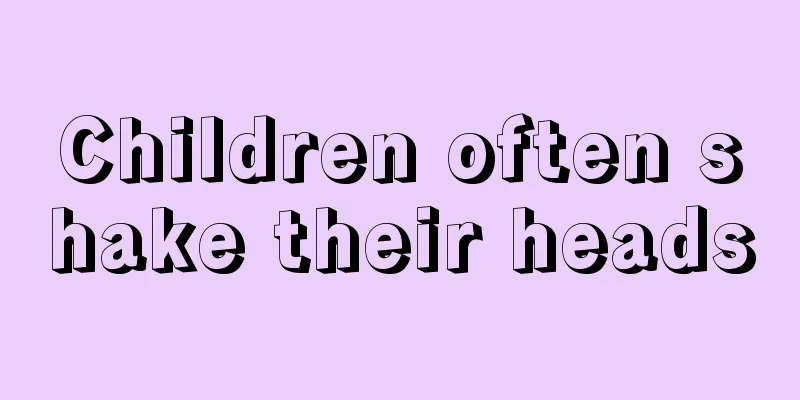What should I do if my child has a bacterial infection and fever?
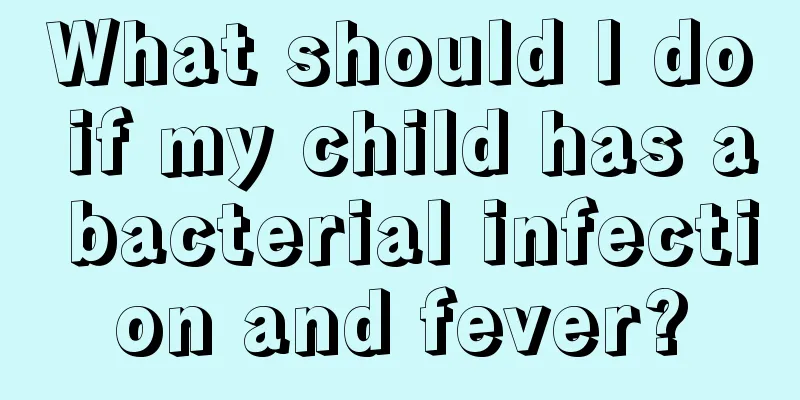
|
Because children have weak body resistance, they often have fevers caused by bacterial infections during their growth process. Some children even have persistent high fevers. Whenever a child has a high fever, many parents will feel very worried, fearing that something might happen to their child. So what should we do if a child has a bacterial infection and fever? What people commonly call cold is acute upper respiratory tract infection, abbreviated as SRI. The pathogens that cause upper respiratory tract infections are mainly viruses, accounting for more than 90%, while primary bacterial infections account for only a small number. Common viruses that cause upper respiratory syncytial virus include influenza virus, parainfluenza virus, adenovirus, rhinovirus, coxsackievirus, echovirus, coronavirus, herpes simplex virus, and Epstein-Barr virus. Common bacteria include hemolytic streptococci, pneumococci, Haemophilus influenzae, Mycoplasma pneumoniae, etc. After a viral infection, bacterial infection may occur due to the decrease in the body's resistance. As can be seen from the pathogens of colds, viral colds account for the vast majority. Therefore, it is wrong to take antibiotics or even use advanced antibiotics when you have a cold. Children, especially infants, have a high chance of catching a cold. If they take antibiotics every time, some will have consecutive colds and use antibiotics continuously. The more advanced the antibiotics used, the more drug-resistant bacteria will grow in children. Once there is a bacterial infection, the drugs will not be effective. In addition, antibiotics have many side effects, such as killing white blood cells, causing a decrease in white blood cell count, further reducing the body's disease resistance, and irritating the gastrointestinal mucosa with antibiotics causing drug-induced gastritis and intestinal dysbiosis. Long-term use of antibiotics, or advanced antibiotics, or broad-spectrum or combined use of antibiotics. Some non-pathogenic bacteria in the intestines are killed, causing dysbacteriosis, which destroys the balance of microorganisms in the intestines and leads to intestinal diseases. There may even be pseudomembranous enterocolitis and superinfection of opportunistic bacteria and fungi. Some non-pathogenic bacteria may become pathogenic due to the loss of mutual restraint. In our country, the abuse of antibiotics, especially among children, is very serious. According to relevant reports, my country is a major consumer of antibiotics. It accounts for about half of the world's consumption, which is equivalent to more than ten times the amount of antibiotics used in developed countries. More than 90% of colds are viral infections, and antibiotics are ineffective against viruses. It is not good to take antibiotics every time you have a cold. Antibiotics should only be used if there is evidence of bacterial infection. Don't give preventive medications just because you're afraid of bacterial infection; this is a wrong idea. Antibiotics kill bacteria. If they are used without bacteria, they can only kill white blood cells. The half-life of antibiotics is limited, and is no more than a few hours at most. When a child has a fever due to bacterial infection, the child should be taken to the hospital for examination and treatment in time. Parents should not give the child antipyretics randomly. It is best to use antipyretics under the guidance of a doctor. If the child has a high fever, parents can take physical cooling methods. During the child's illness, the care of the parents is of great help to the child's treatment. |
<<: How to treat lung heat cough in children?
>>: What should I do if my child has a hoarse voice?
Recommend
Recipe for 10-month-old baby
The growth and development of a baby cannot be se...
At what age is it normal for children to lose teeth?
With the development of medical technology in rec...
Treatment of crooked neck in newborn
Nowadays, examples of newborns with crooked necks...
What causes heart pain in children?
Heart health is very important for both adults an...
Can children eat black beans frequently?
When children are young, many parents pay more at...
One-month-old baby crying
After one month, babies will sleep relatively les...
What to do with depression in high school students
High school students are more likely to suffer fr...
Why does my baby not like to eat after catching a cold?
When seasons change, colds are our favorite ailme...
Is it ok for a one year old to eat bananas?
Bananas are a fruit we often eat. They have many ...
Can babies with constipation drink sesame oil?
If your baby has not had a bowel movement for mor...
How to treat a child's nasal congestion and runny nose
Children's nasal congestion and runny nose ar...
How to judge whether the baby's fontanelle is cold
Many parents have questions about how to determin...
Children with cold and bad breath
If a child has bad breath when he has a cold, it ...
The causes of black tongue coating in children
Many parents usually pay attention to some abnorm...
What should I do if my child does not defecate?
It is very difficult for children to defecate. Ch...
